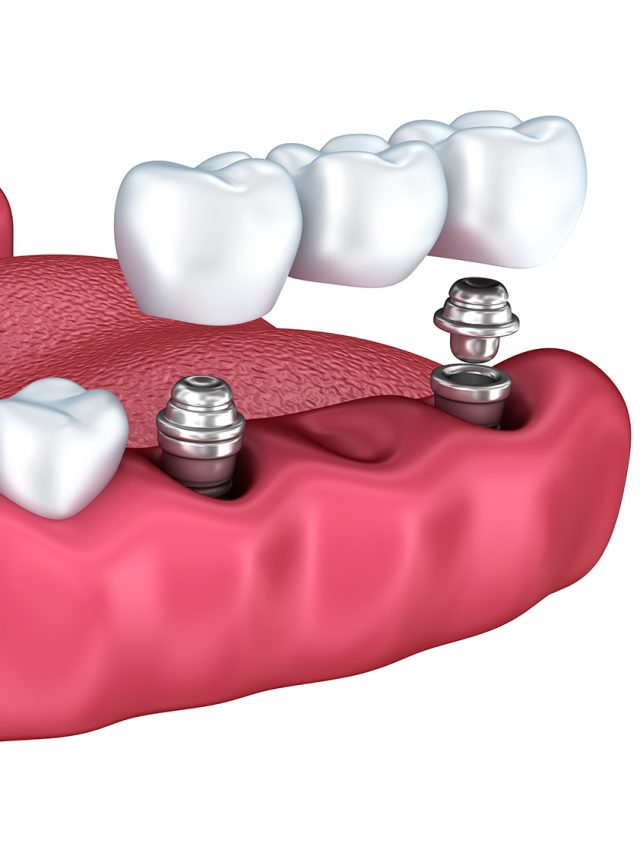

10
Oct
Here’s How You Can Help Prevent Gingivitis

One in 3 Americans has gingivitis, but that doesn’t mean gingivitis is inevitable.
Some historical findings suggest that the adoption of farming 10,000 years ago, with the introduction of barley and wheat, may have contributed to gum inflammation. Starches in grains tend to tip the balance toward bad bacteria in the mouth, the same type of bacteria that cause gum disease.
Only 150 years ago, the ecosystem in our mouths took another blow: The Industrial Revolution brought sugar into every household, which sped up the rate at which people developed gum inflammation.
But you can encourage the growth of good bacteria in your mouth and reduce inflammation by making the right lifestyle changes.
So what are these changes that can get your teeth as strong and sturdy as those of your paleolithic ancestors? We asked our specialists at Gunnerson Dental about the steps you can take to fight off gingivitis.
Reduce your starch and sugar intake
Starch is found in grains, potatoes, and beans. Some of these foods are rich in nutrients, but finding an equally nutritious alternative may delay or completely prevent the onset of gum inflammation.
Also, the more processed a source of starch is, the higher the chances that your saliva breaks down the starch into sugar in your mouth.
So next time when you shop for food, look for unprocessed sources of starch. A whole potato is a far better choice than refined wheat flour, which is completely stripped of its beneficial nutrients and has had to be enriched to have any nutritional value.
And sugar, whether organic or processed, disturbs the PH balance in your mouth, causing a slightly more acidic environment that weakens your enamel.
Pick an alcohol-free mouthwash
Mouthwashes have been touted as miracle solutions for bad breath. There’s just one problem: Alcohol-based mouthwashes don’t discriminate between good and bad bacteria, which means they harm the ecosystem in your mouth.
And as you may have guessed, the good bacteria in your mouth play a protective role against gingivitis.
Use soft-bristled toothbrushes
Brushing harder doesn’t help remove the film of bacteria on your teeth and gums. The harder the bristles on your toothbrush, the higher your chance of irritating your gums and damaging your tooth enamel.
Although the jury is still out regarding what type of toothbrush is more effective at preventing tooth decay, some research indicates that rotating and oscillating toothbrushes made with soft bristles may be more effective.
Don’t ignore your dry mouth
A dry mouth can be problematic to your gum’s health. When you have less saliva in your oral cavity, you have less fluid washing down the food remains and the bad bacteria in your mouth.
Smoking, uncontrolled diabetes, and sleeping with your mouth open can lead to a dry mouth.
Learn more about preventing gingivitis
There are many factors that contribute to gum inflammation. The best way to prevent complications from occurring is to ask an expert about how your overall health and lifestyle relates to your oral health.
Some underlying conditions may also speed up the development of gum disease. If you’re interested in finding out more about how to prevent cavities and inflammation, contact us to schedule an appointment and receive all the knowledge and tools you need.
















